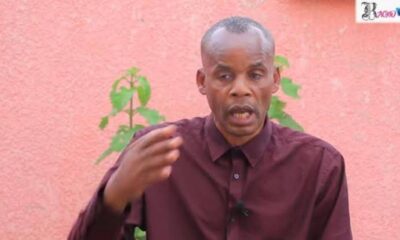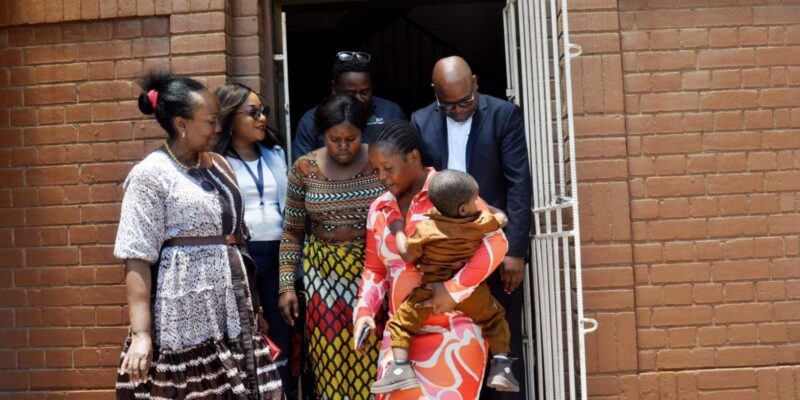Popular Rwandan YouTuber, Dieudonné Niyonsenga has had his appeal turned down, a seven-year jail sentence slammed on him by a High Court in November 2021 on charges of assault, obstructing police officers, and practicing journalism without a press card.
Niyonsenga’s problems date back to 15 April 2020, when he was arrested while on his way to cover the impact of the government’s coronavirus lockdown, and was charged with contravening the lockdown and showing false press cards to the police.
Niyonsenga is the proprietor and a reporter for Ishema TV, a YouTube channel that gives reportage on a wide variety of issues like local politics, culture, and human rights.
The Rwanda Investigation Bureau, in charge of criminal investigations, on April 15, 2020, took to Twitter to announce the arrest of the popular YouTuber and a driver of Ishema TV, Fidele Komezusenge, for allegedly breaching COVID-19 lockdown rules.
The bureau claimed the YouTuber resisted orders from officials to go home, arguing that he was a journalist and is permitted movement during the lockdown. He was also accused of forging press cards.
Prosecutors alleged that Niyonsenga had forged press cards for himself and Komezusenge, saying that only the Rwanda Media Commission could issue such cards, according to the court documents and the person who spoke with CPJ. The crime of forgery carries a prison term of up to seven years under Rwanda’s 2018 criminal code.
Prosecutors also alleged that because he did not have an accreditation from the RMC, Niyonsenga was impersonating a journalist, according to the person who spoke to CPJ and the court documents. Prosecutors also accused Komezusenge of impersonation, saying he did not have journalistic qualifications or RMC accreditation, according to the court documents.
Niyonsenga and Komezusenge pleaded not guilty to the charges. Their defence argued that Rwandan law permitted citizens to establish websites to disseminate information; that Ishema TV was properly registered; that Niyonsenga had a right to issue company ID cards; and that accreditation by the RMC did not have journalistic status to anyone.
Both were remanded for the duration of their trial, according to media reports. On March 12, 2021, the Gasabo Intermediate Court in Kigali acquitted them both, and they were released on March 13, according to Niyonsenga’s lawyer.
However, prosecutors appealed Niyonsenga’s acquittal, and on November 11, 2021, the High Court in Kigali convicted him of forgery, impersonation and humiliating state officials, according to media reports.
Niyonsenga was fined 5 million Rwandan Francs (US$4,900) by the court and was sentenced to seven years in prison, the maximum prison term for forgery, according to media reports. Shortly after the court’s ruling, police detained Niyonsenga from his home in Kigali, according to the journalist’s Twitter posts and media reports.
The journalist had posted videos that indicted soldiers of severe abuses against poor persons during the coronavirus lockdown.
The YouTuber and his lawyer were absent in court. His father was present in court as the ruling that upheld the sentence was made, even though no new evidence was made.
Human Rights Watch has accused Rwanda earlier in the week of censoring freedom of speech and demanded the immediate release of Niyonsenga and other bloggers, activists, and journalists.
However, the government has issued a statement dismissing the concerns raised by the rights group, saying everyone was equal before the law.

 Politics2 days ago
Politics2 days ago
 VenturesNow2 days ago
VenturesNow2 days ago
 Metro2 days ago
Metro2 days ago
 Musings From Abroad2 days ago
Musings From Abroad2 days ago



























